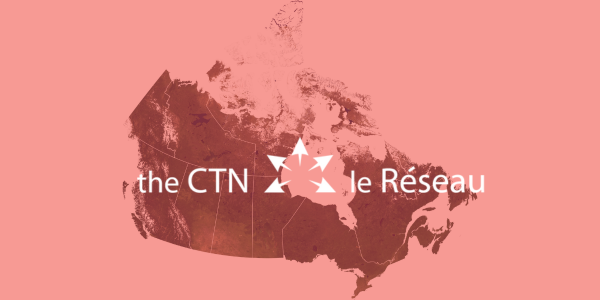Since February, COVID-19 has dominated news headlines across the globe, and with good reason. The novel virus has spread at an unprecedented rate, with researchers continuing to work towards understanding all the modes of transmission, alongside potential treatments and preventatives.
In response to the need for more research into COVID-19, the Government of Canada has provided funding for relevant studies. Nine recipients of which are affiliated with the University of Toronto, including CTN Investigator Dr. Darrell Tan for his study ‘COVID-19 ring-based prevention trial for undermining spread (CORPUS)’.
In vitro and animal studies have suggested that the anti-HIV drug Kaletra may have an effect on COVID-19. Dr. Tan secured a $1-million grant to conduct further research investigating whether this drug could be useful against COVID-19 among humans.
“In general, whenever we’re trying to actively find new therapies for any medical condition, one of the most efficient ways of doing that is to find existing available drugs that could potentially be re-purposed,” he explains. “Because obviously it saves all the steps in drug development and safety assessments if we already have a drug available that we understand the characteristics of very well.”
Dr. Tan’s trial will deploy a “ring design,” where “rings” of people who came into close contact with COVID-19 patients will be identified.
“Once we identify a case, one could draw a ring of close contacts surrounding that ‘index case,’ and, of course, those people would be the individuals who would be at greatest risk and therefore the ones we would most immediately want to intervene on in order to prevent transmission from happening,” says Dr. Tan.
Individuals who have been selected for the study will be randomly assigned to a 14-day course of either Kaletra or a placebo, and will be tested periodically to see if they develop COVID-19.
“If you have an intervention that does turn out to work, you can imagine effectively drawing a ring around a person and intervening on that ring of exposed contacts to create a buffer between the infection we already know about and the rest of the population,” explains Dr. Tan.
The described trials were approved by Health Canada within 24 hours, demonstrating the seriousness and speed of the regulatory authorities when it comes to studying COVID-19.
To read the full story, please visit University of Toronto News.
Postes liés
Vous souhaitez en savoir plus ? Consultez ici les histoires, événements et autres contenus liés.
CTN+ to lead Canada’s HIV and STBBI clinical trial infrastructure with $25 million investment from CIHR
On July 12th, 2024, the Canadian Institutes for Health Research (CIHR) announced a $25 million...
En savoir plusMaintenir l’élan : Renouvellement du le Réseau
Depuis 1990, le Réseau a soutenu des recherches qui ont permis de réduire le nombre...
En savoir plusCTN at CAHR 2024
CAHR 2024 will take place in London, Ontario from Thursday, April 25 to Sunday, April...
En savoir plus





